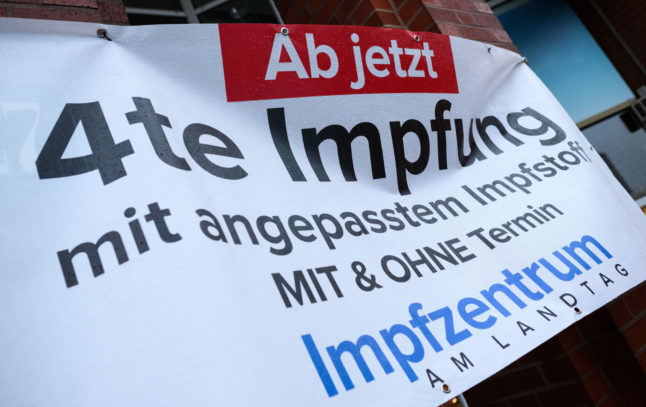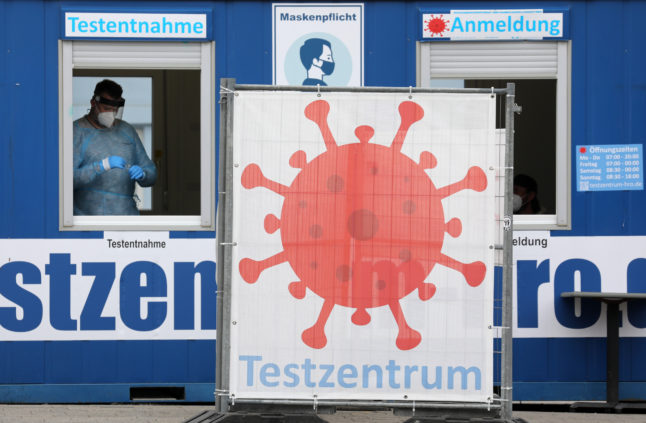Statutory health insurance companies consider proposals for a general vaccine mandate in Germany to be unworkable – partly because they’re worried about running out of paper.
In a statement released on Monday, the German National Association of Statutory Health Insurance Funds (GKV) said there was an “acute paper shortage” in Europe, leaving little material “for the approximately 120 million letters” that would need to be sent to the insured as a result of the mandate.
German politicians are currently considering a number of competing bills on the vaccine mandate, with a vote on the matter scheduled for early April.
One of the bills, which sets out plans for an over-18s mandate, dictates that health insurers inform their customers of the new vaccination obligation by May 15th.
READ ALSO: ANALYSIS: Will Germany introduce a vaccine mandate this year?
But the health insurance firms say this deadline “cannot be met organisationally”. According to them, the necessary European call for tenders for the printing orders alone would “go beyond the timeframe”.
In addition, the health insurance funds say they don’t always have the current address of their customers and would be unable to guarantee that they could reach them reliably.
A Twitter account for the German paper industry was quick to respond to claims that they would be unable to fill the requested orders.
“The umbrella organisation of the GKV has stated in a statement that the implementation of a vaccination obligation would not be possible due to the lack of paper for the necessary letters,” they wrote. “We cannot understand this. The German paper industry is able to deliver.”
#Papiermangel Der Spitzenverband der GKV hat in einer Stellungnahme angeführt, dass die Umsetzung einer #Impfpflicht wegen des Mangels an #Papier für die nötigen Anschreiben nicht möglich sei. Wir können dies nicht nachvollziehen. Die deutsche #Papierindustrie ist lieferfähig.
— DIE PAPIERINDUSTRIE (@Papierfabriken) March 21, 2022
On Thursday, the Bundestag debated the bills and motions on a general vaccination obligation for the first time.
The five bills cover a a full spectrum of opinions, from making vaccination compulsory for all adults to saying no to all vaccine mandates, including the existing mandate for health workers.
A vote will be held on the draft laws in early April.




 Please whitelist us to continue reading.
Please whitelist us to continue reading.
Member comments